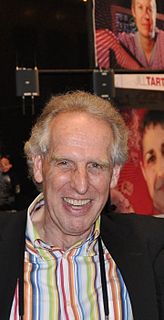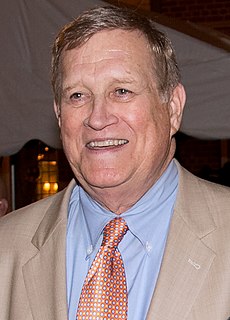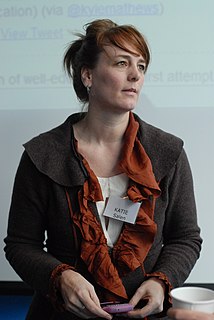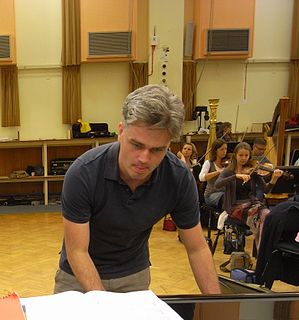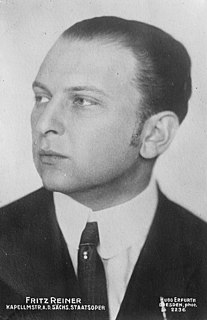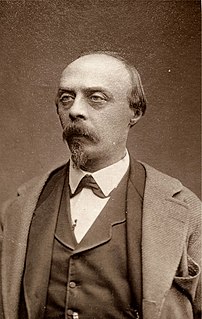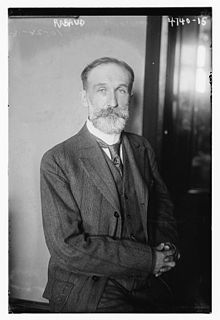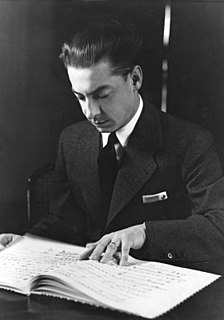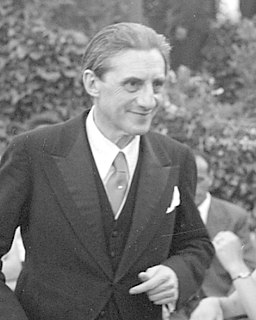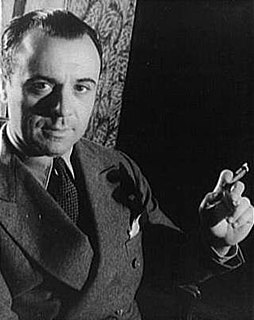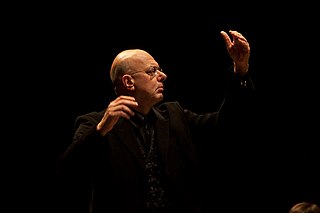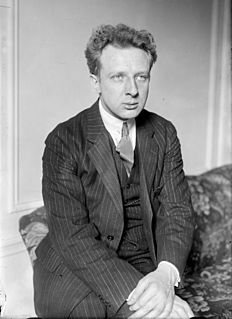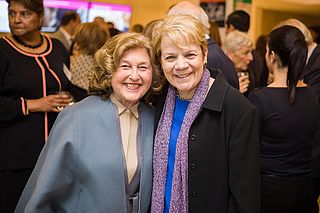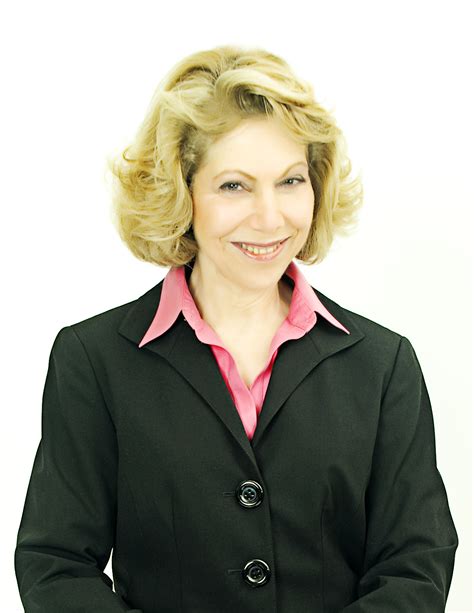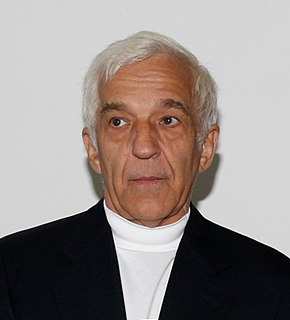A Quote by Benjamin Zander
how absurd human beings are and how magnificent.
Quote Topics
Related Quotes
There is no limit to suffering human beings have been willing to inflict on others, no matter how innocent, no matter how young, and no matter how old. This fact must lead all reasonable human beings, that is, all human beings who take evidence seriously, to draw only one possible conclusion: Human nature is not basically good.
It's easy to sell good news like this, and the authors confidently rely on classic fallacious arguments. They argue by declaration, which is what makes the books so amusing. In matter-of-fact, authoritative tones, the authors tell us how plants and human beings exchange energy - or they describe what angels look like, whether or how they're sexed, how they communicate with human beings, and how they differ from ghosts. Readers might be expected to wonder, How do they know?
How Human beings are, that is how the society will be. So, creating human beings who are flexible and willing to look at everything rather than being stuck in their ideas and opinions definitely makes for a different kind of society. And the very energy that such human being carry will influence everything around them.
A person is a person through other persons. None of us comes into the world fully formed. We would not know how to think, or walk, or speak, or behave as human beings unless we learned it from other human beings. We need other human beings in order to be human. I am because other people are. A person is entitled to a stable community life, and the first of these communities is the family.
How can we encourage other human beings to extend their moral sympathies beyond a narrow locus? How can we learn to become mere human beings, shorn of any more compelling national, ethnic, or religious identity? We can be reasonable. It is in the very nature of reason to fuse cognitive and moral horizons. Reason is nothing less than the guardian of love.
I think that every educator, indeed every human being, is concerned with what is true and what is not; what experiences to cherish and which ones to avoid; and how best to relate to other human beings. We differ in how conscious we are of these questions; how reflective we are about our own stances; whether we are aware of how these human virtues are threatened by critiques (philosophical, cultural) and by technologies (chiefly the digital media). A good educator should help us all to navigate our way in this tangled web of virtues.
If you think about work, it's just this endlessly fascinating subject. We spend at least half of our waking hours working. So it becomes this incredible window into a whole variety of things: who we are human beings, how the economy works, how people relate to each other, how stuff is made, how the world spins on its axis.
